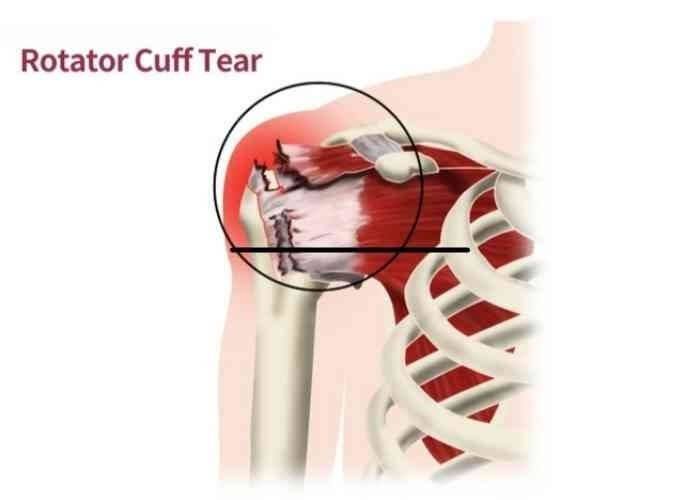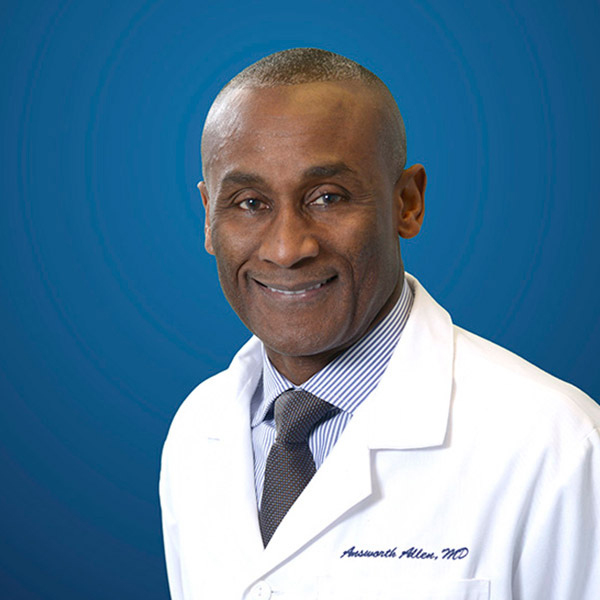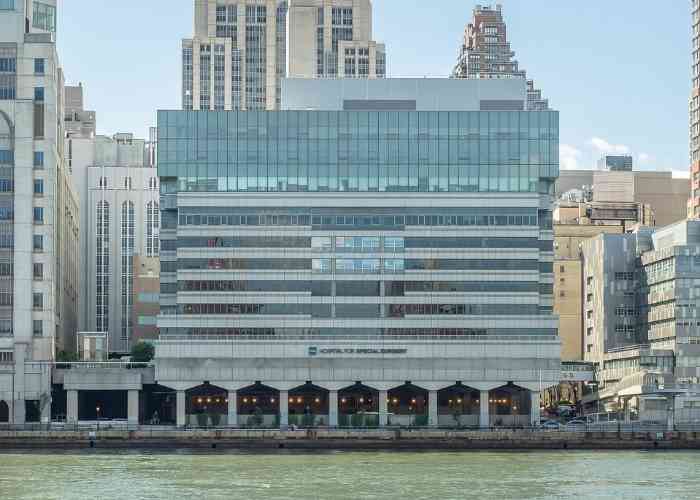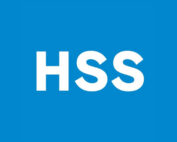What is a rotator cuff repair?
The rotator cuff consists of four muscle-tendon groups that originate from the scapula (shoulder blade) and attach to the ball of the humerus (upper arm bone). These muscles and tendons surround the shoulder joint and are responsible for providing stability to the ball-and-socket joint. Damage to the rotator cuff is most commonly from a sports-related injury; however, bracing a fall on an outstretched hand or degeneration of the tendons from aging can also result in damage to the rotator cuff. These injuries can range from mild inflammation of the tendons to partial or complete severing of the tendons from their attachment site. In the event of a partial or complete rotator cuff tear, surgical repair is most often needed to restabilize the shoulder joint. Dr. Answorth A. Allen, an orthopedic shoulder surgeon, treats patients in Manhattan, New York City, Westchester, Long Island and surrounding areas who need a surgical rotator cuff repair.

How is a rotator cuff repair performed?
An arthroscopic rotator cuff repair is performed by inserting a small camera (arthroscope) into the shoulder joint and utilizing specialized surgical instruments to reattach the damaged portion of the tendon back into the correct anatomical position on the head of the humerus. A procedure removing the torn or frayed portions of the rotator cuff tendons, known as debridement, may only be necessary to successfully repair partial rotator cuff tears. In the event of a complete rotator cuff tear, the tendon is fastened to the head of the humerus by special surgical anchors that are secured within the bone. Dr. Allen is able to successfully repair rotator cuff tears by an advanced surgical technique known as double-row arthroscopic rotator cuff repair. Studies have shown that adding an additional row of sutures provides extra stability to severely torn tendons, as well as significantly reduces the risk of suffering another tear with increased stress to the repaired tendon.
What are the benefits of an arthroscopic rotator cuff repair?
Dr. Allen favors the minimally invasive arthroscopic approach to a rotator cuff repair. This approach utilizes smaller incisions for the camera and specialized surgical instruments thereby creating a shorter recovery period for the patient to return to their normal daily activities. Arthroscopic rotator cuff repair reduces the amount of pain and blood loss as well as decreases the risk of infection.
What is the recovery period like after a rotator cuff repair?
The recovery period after rotator cuff surgery is variable as it depends on the severity and complexity of the rotator cuff procedure. Most patients can expect a full recovery in 6 months with a year or more of continued improvement in shoulder strength and range of motion. In general, patients in New York can expect the following:
- To ensure proper healing of the repaired tendons, a sling will be applied immediately after surgery to immobilize the shoulder joint.
- Passive range of motion exercises to establish shoulder movement typically begin 1-2 days after surgery and continue for 3-6 weeks.
- Active range of motion exercises typically begin 6 weeks after surgery depending on the size and extent of the tear.
- Dr. Allen will recommend beginning a physical rehabilitation program between 6-8 weeks after surgery. The key to a patient’s success following a rotator cuff repair is by adhering to and completing the physical therapy rehabilitation protocol until clearance from Dr. Allen is authorized.
Rotator Cuff Surgeon

Are you an athlete that has participated in frequent arm movement? If so, you may be at an increased risk of sustaining rotator cuff injuries. Damage to the rotator cuff can cause pain, instability, and the inability to perform regular motions. Arthroscopic rotator cuff repair is an excellent option to repair the damage. Shoulder expert Doctor Answorth Allen provides diagnosis and treatment for patients in Manhattan, New York City, Westchester, Long Island and surrounding areas who have experienced an injury to the rotator cuff. Contact Dr. Allen’s team today!






